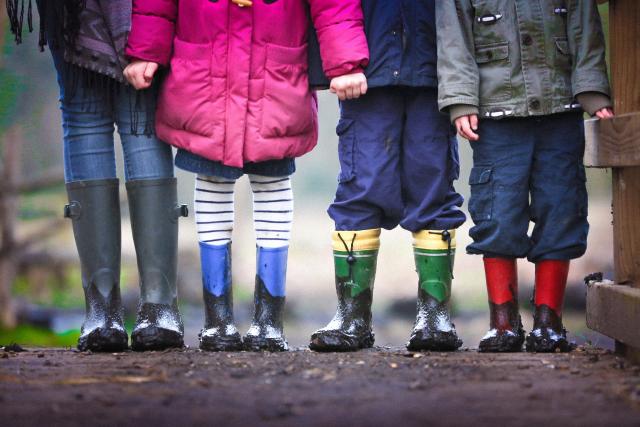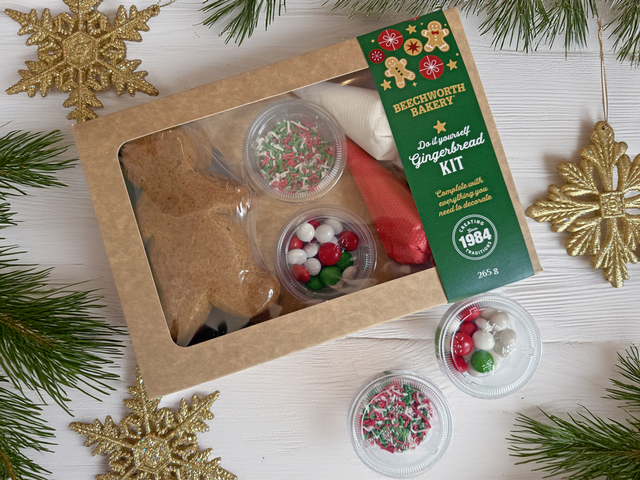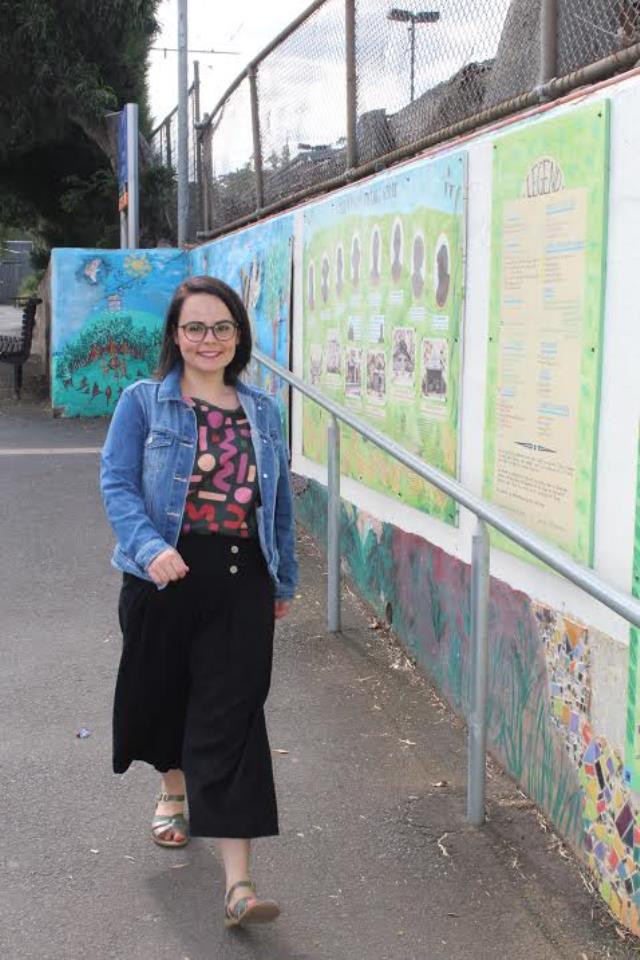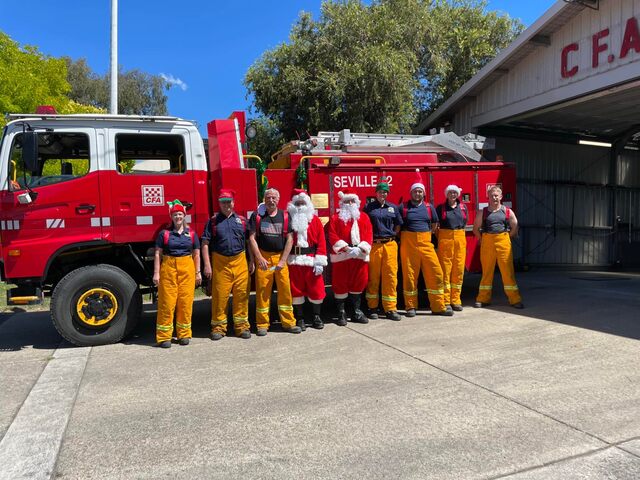As school holidays draw to a close, parents and carers across Australia start to focus on navigating the return back to school.
While this transition period can be stressful and daunting for children and teens, the Triple P – Positive Parenting Program is a great resource for tips on how to successfully manage the challenges ahead.
Triple P’s top tips for a stress-free transition to school include;
Planning new routines in advance
The shift back-to-school means earlier wake-up times and longer, busier days for the entire family. Plan for this by getting everyone into a routine in advance, including adjusting kids’ nighttime routines in the week before school goes back.
Save time and stress in the morning by prepping lunches or snacks the night before and leave time to unwind in the first few weeks back – don’t over commit to activities.
Involve kids in making decisions about their new routine to help them feel less stressed. This improves their coping skills. For example, something as simple as letting them pick their lunches for the week will give them a sense of ownership and enthusiasm.
Help build positive relationships
Encourage positive relationships and pro-social skills to ensure kids feel confident and comfortable socially.
Organise play dates before school starts as this is a great way to build friendships.
Role-play difficult situations so that kids feel armed with problem-solving skills if challenges arise.
Encourage open and honest communication
Acknowledge how your child is feeling if they are worried about going back to school and encourage them to talk openly about what is worrying them, so they can work through how to tackle these challenges and build resilience.
Try to be positive when talking about going back to school – a positive approach helps children face the future with optimism, not fear.
Encourage your child to talk about what they are looking forward to about going to school. Show that you are listening and be open to giving an open and honest response.
Have these types of conversations on a walk or in the car to make them feel less daunting.
If stress and anxiety are affecting your child’s ability to enjoy day-to-day life, seek help through teachers, your GP, or an evidence-based program like Fear-Less Triple P Online (for children aged 6+ who experience anxiety).







